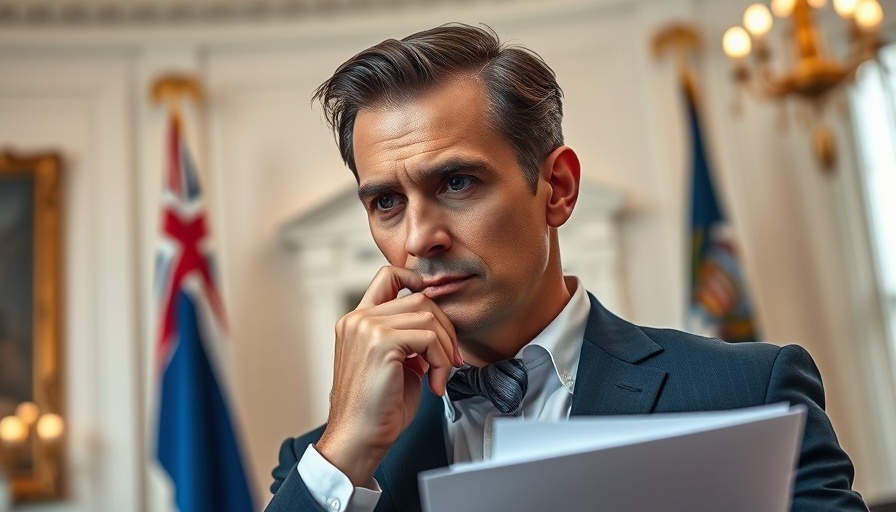
The Ongoing Tension Over Crimea: A Historical Perspective
The conflict surrounding Crimea is deeply intertwined with Ukraine's national identity and its historical narrative. After Russia's annexation of Crimea in 2014, the region became a flashpoint for national sentiment and international politics. Ukrainians remember this not just as a territorial loss but as a grave injustice that reshaped their lives and their nation. The memories of families split apart and the imposition of foreign control have created a resilient sense of national unity, making any hint of concession nearly politically impossible.
The Human Impact: Families Torn Apart
When Russia took over Crimea, many Ukrainians were forced to flee, leaving behind relatives and homes. The emotional toll is still felt acutely, as families grapple with the loss of their connections and the uncertainty of their loved ones’ safety. Stories abound of individuals who are now trapped in an untenable situation, loyal to Ukraine yet unable to live freely in their homeland. The human element in the Crimean dispute underscores the significance of not just land, but lives, in the discussions of peace and conflict resolution.
Diverse Perspectives: Zelensky’s Stance vs. Global Pressure
Zelensky's unwavering stance against conceding Crimea stems from the strong domestic pressure to maintain a united front. Yet, he faces a complex international landscape where negotiations often come with heavy compromises. Trump’s assertion that Crimea is “lost years ago” reflects a sentiment some hold, emphasizing the practicality of peace over an uncompromising return to previous borders. This illustrates the tension between local politics and global diplomacy, forcing leaders to navigate a perilous path between national sentiment and international expectations.
Future Considerations: What Lies Ahead for Ukraine?
The question of Ukraine’s future is precarious and laden with potential outcomes. As the war continues and international alliances shift, maintaining a hard-line approach on Crimea could lead to further isolation, while any perceived concession could provoke domestic backlash. Ukraine needs to balance international support with an unwavering commitment to its sovereignty, marking this as a defining moment in its history. Future leaders will need to consider the legacies they wish to build or dismantle.
Insights for Readers: Understanding the Stakes
For those out of the political loop, the implications of the Crimea issue extend beyond borders. The situation is illustrative of larger themes in global politics—national sovereignty, the quest for identity, and the harsh realities of war. Understanding these elements can provide a more nuanced view of international relations and serve as a reminder of the resilience inherent in national struggles, highlighting the human cost of political decisions.
 Add Row
Add Row  Add
Add 




 Add Row
Add Row  Add
Add 

Write A Comment